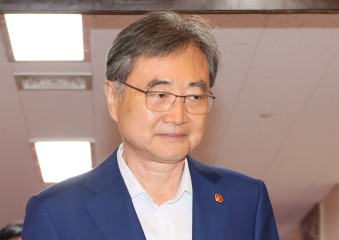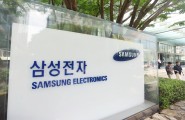
While China, Hong Kong and Singapore continue to rise in influence and academic reputation, Korean universities are struggling to maintain their global standing, according to the 2025 QS World University Rankings released Wednesday.
Only three Korean universities made it into the top 100 this year: Seoul National University at No. 38, Yonsei University at No. 50 and Korea University at No. 61. This marks a drop from five institutions in the top 100 in 2024, sparking concerns that Korea may be losing its competitive edge in the Asian higher education landscape.
By contrast, China had 10 universities in the top 100 — including five in Hong Kong — while Japan had four. Korea ranked fourth in Asia in total number of ranked universities, with 43 institutions among the 5,000 evaluated worldwide, trailing China, India and Japan.
Seoul National University, still the top Korean institution, dropped seven spots from last year. While it performed strongly in graduate employability, which measures the influence of graduates in various sectors, and academic reputation, it fared poorly in internationalization indicators, ranking No. 801 in the proportion of foreign faculty and No. 622 in the proportion of international students. The decline also reflects Korea’s weaker performance in collaborative global research networks, a key metric introduced by QS in 2023.
Yonsei University entered the top 50 for the first time, driven by strong scores in international student enrollment and global research collaboration. It retained the highest position among private Asian universities for the fourth consecutive year. Postech ranked highest among Korean universities in faculty-to-student ratio (No. 27), while Hankuk University of Foreign Studies was the local leader in foreign faculty proportion (No. 498).
However, most top-tier Korean institutions saw their rankings drop. Postech fell from No. 98 to No. 102. Other leading science and technology universities — including UNIST (No. 310), DGIST (No. 370) and GIST (No. 385) — all experienced double-digit declines, partly due to low ratings in employer reputation and faculty internationalization.
In contrast, many other Asian universities saw their rankings climb. China had four universities outranking Seoul National University: the University of Hong Kong (No. 11), Peking University (No. 14), Tsinghua University (No. 17) and Fudan University (No. 30).
Singapore’s institutions also maintained their dominance. The National University of Singapore ranked No. 8 globally — the highest among Asian universities — for the third year in a row, while Nanyang Technological University placed 12th, buoyed by research excellence in AI and robotics.
The QS World University Rankings, compiled annually since 2004 by UK-based Quacquarelli Symonds, assess more than 5,000 institutions worldwide and publish results for the top 1,500.
Universities are evaluated across nine indicators: academic reputation (30 percent), citations per faculty (20 percent), employer reputation (15 percent), faculty-student ratio (10 percent), international faculty and student ratios (5 percent each), international research network (5 percent), graduate employment outcomes (5 percent) and sustainability (5 percent).
jychoi@heraldcorp.com




